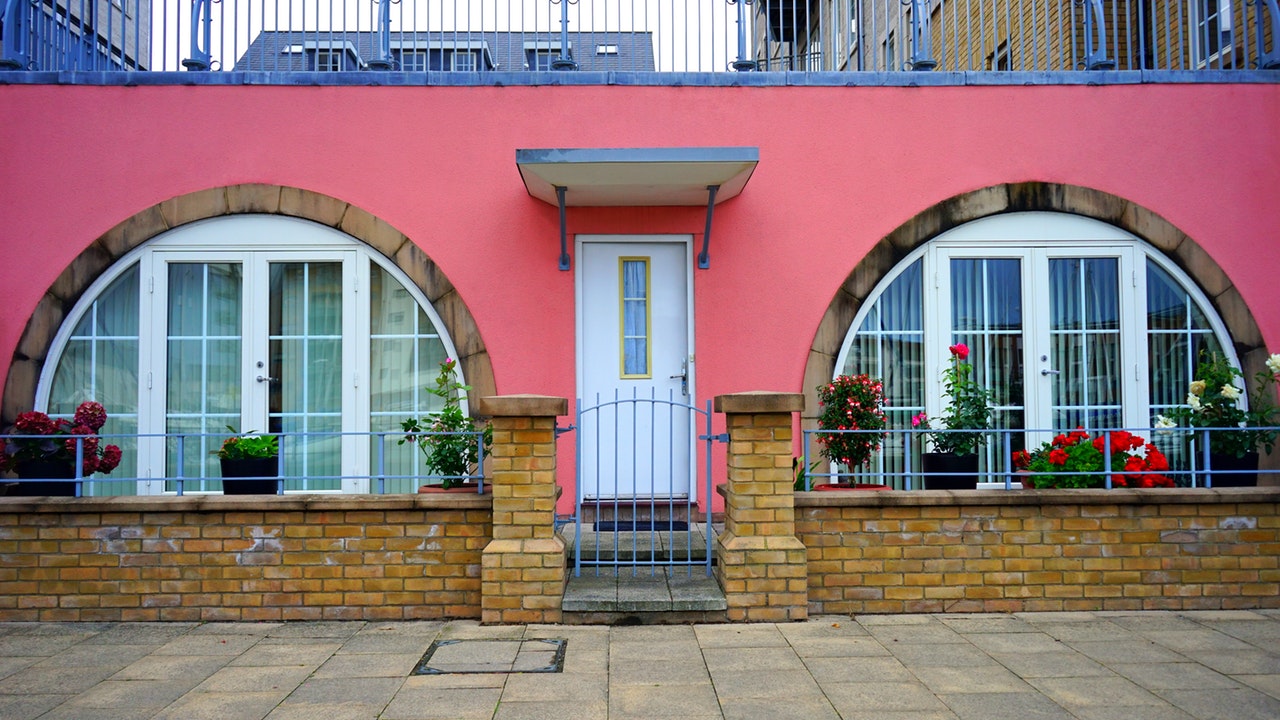
South Africa is dotted with historic architecture, from elegant Cape Dutch manor houses to quaint Victorian cottages and Art Deco office blocks scraping the city skyline. For many of us, owning a property that forms part of this collective history would be a dream come true, but that dream brings with it certain rules and responsibilities.
“There are a lot of benefits to owning a heritage property,” says Tony Clarke, MD of the Rawson Property Group. “They often occupy prime locations, have more space and well-proportioned rooms, feature elegant and expensive finishes and come with a wonderful sense of style and charm.”
Of course, being so unique and precious, it’s important for us to protect and preserve heritage properties for future generations, which means owners often need to accept a long list of restrictions on what they can and can’t change. This, Clarke says, can make a big difference to the ownership experience, which is why he recommends prospective heritage buyers acquaint themselves with the following key considerations.
Not all heritage homes have the same restrictions“Heritage properties in South Africa are protected on a national, provincial and local level, and that protection is divided into three tiers” says Clarke.
“Tier One is a Heritage Overlay Zone which protects the unique style and character of historic neighbourhoods and affects all properties within that zone regardless of their individual heritage status. Tier Two is specific to individual properties and applies to any building older than 60 years or deemed to have particular architectural significance. Tier Three is for National Monuments and Provincial Heritage Sites.”
According to Clarke, the specific rules associated with these tiers vary from area to area, which makes it vital for prospective owners to check in with their local heritage authority before making a purchase.
“As a rule of thumb, the higher the heritage tier, the more restrictive the regulations,” he says, “but owners of properties on any tier will need to apply for approval before undertaking any building work.”
This may sound like a recipe for bureaucratic frustration, but it does have its benefits for heritage homeowners.
“Protected properties and neighbourhoods are far more likely to avoid the redevelopment and densification affecting a lot of suburbs these days,” says Clarke. “If you don’t want to have to worry about an apartment block going up next door, a heritage area is a good place to be.”
Renovating heritage properties is a specialist jobRenovating a historic property on one of the higher heritage tiers can mean navigating some pretty specific limitations on design, workmanship and even building materials. Not only is the approval process time-consuming, finding architects and contractors willing and able to meet the requirements isn’t easy, and often comes at a higher cost to account for the complexity of the project.
For this reason, Clarke says it’s never a good idea to buy a heritage home with major renovations in mind unless you’ve taken that cost into account when making the purchase.
“Old properties can also have some hidden surprises, even if they pass a home inspection with flying colours,” Clarke adds. “Problems with things like piping, wiring and subfloor structures are often difficult to see under normal circumstances, but might come to light during renovations and require immediate attention.”
Did you know? The City of Johannesburg Department of Arts, Culture and Heritage offers a 20% rates rebate for heritage sites.
Good maintenance pays off in resale valueNot all heritage properties are hiding flaws behind their elegant facades. In fact, Clarke says many historic homes are better maintained than their modern counterparts.
“A well-maintained historic property is an extremely valuable asset that can sell for dramatically higher prices than a modern equivalent,” Clarke says. “Poor maintenance, on the other hand, severely detracts from this value, and could see resale prices plummet well below those of modern homes. From an investment perspective, it’s a no-brainer – a little maintenance now means a bigger payoff down the line. Smart heritage owners tend to realise this and act accordingly.”
Of course, buying a heritage home is more than just a property investment – it’s an investment in our country’s collective past.
“A heritage property is both a responsibility and a privilege,” says Clarke. “Buying one is a decision that needs to be made with the head as well as the heart.”
For more information email marketing@rawsonproperties.com